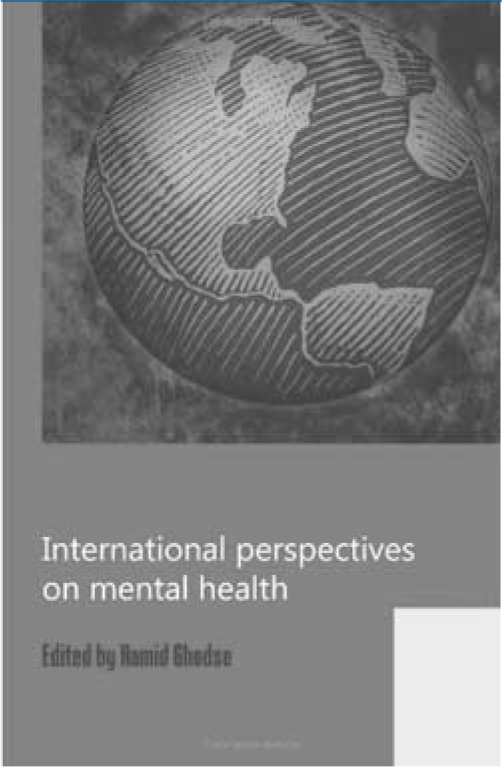
A formal compendium of statistics about mental health services, teaching and research in countries across the globe would be a useful resource for researchers in public mental health, and is to some extent provided by publications from the World Health Organization, such as its Mental Health Atlas. An informal compilation of perspectives on psychiatry in different countries might be useful for clinicians looking for key contacts or planning their travels, and can to some extent be provided by a good internet search.
Ghodse's volume comprises articles commissioned for the journal International Psychiatry, and falls somewhere between a formal atlas and more informal internet sources. Articles are often written by senior figures in the field (and in some cases by the only psychiatrist in a particular country), and many provide insightful perspectives that might be otherwise hard for readers to come by. I read the contributions from Africa with particular interest, and picked up a range of ideas and facts that I had been unaware of.
At the same time, there is a good deal of variation in the approach taken by different contributors to this volume, perhaps reflecting in part the variation in mental health services across the world, and certain regions receive particularly short shift (there is no contribution from China, and only 18 countries from Africa and South America are included). The idiosyncratically interesting facts from one country might be somewhat irritating to a reader who is hoping to carefully compare services, teaching and research across countries.
This collection of pieces raises important questions about the optimal mental health policies, service provision, training schemes and research agendas for advancing psychiatry across the globe. Concluding chapters, perhaps for each major geographic region, or for the volume as a whole, outlining the alternative approaches that have been taken and their advantages and disadvantages, would have been welcome. It seems timely to summarise and integrate the growing theoretical and empirical literature on strategies for enhancing public mental health.
Overall, I think Ghodse and his contributors have done the field a service through this compilation. Readers interested in psychiatry in different parts of the globe will, however, benefit by also consulting a range of other formal and informal sources. Writers interested in providing comprehensive approaches to global mental health may be inspired by the country vignettes offered here to move forward with such projects.





eLetters
No eLetters have been published for this article.